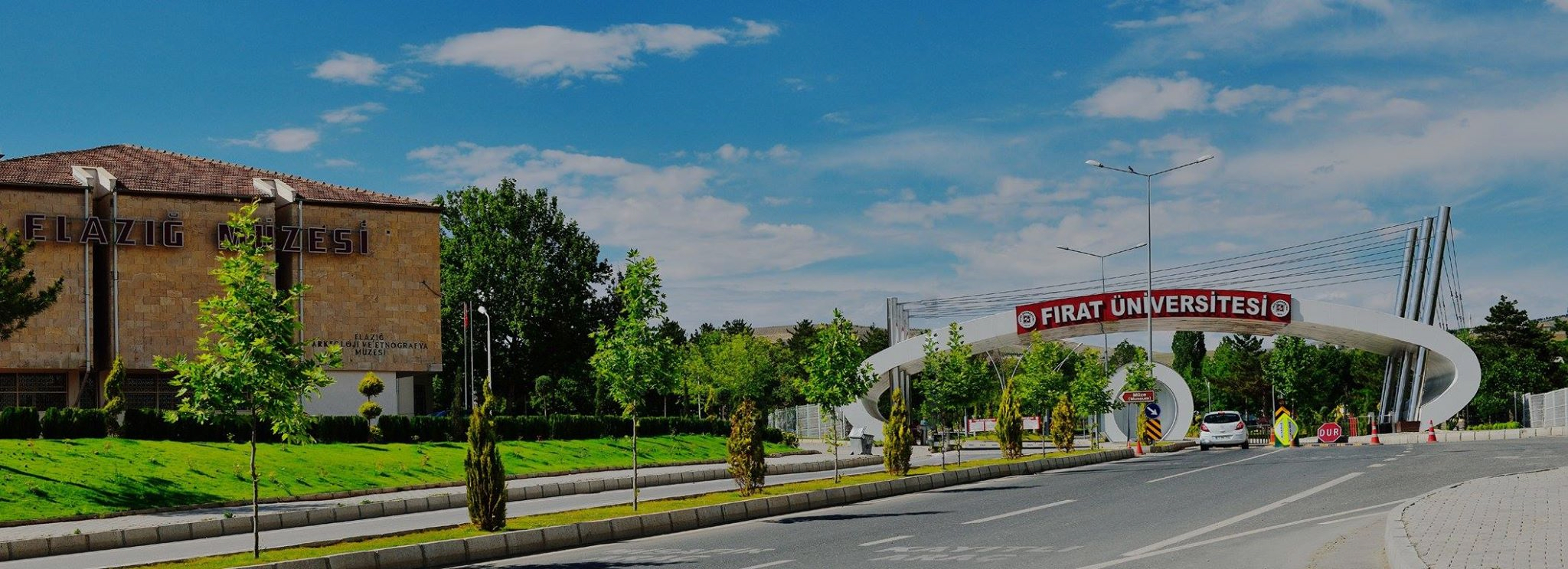
Gradute
About
The Master’s Program in German Language and Literature at Fırat University is meticulously designed for students aiming to pursue an academic career and deepen their interest in the German language and literature at a professional level. Our program provides a rich academic foundation and a multidisciplinary approach for individuals aspiring to specialize in German linguistics, literary criticism, intercultural communication, and translation studies.
Goals and Objectives
Our goal is to cultivate experts who can approach the German language and literature from an academic perspective, possess creative thinking skills, embrace critical thinking, and develop an intercultural vision. We aim to support our students in conducting scientific research, working with original documents, and producing groundbreaking contributions to their field.
Program Structure
Our master’s program offers a comprehensive academic framework encompassing both theoretical and practical courses. The curriculum places special emphasis on the following areas:
Academic Staff
We boast an academic staff with expertise in their fields, recognized for significant scholarly contributions both nationally and internationally. Our faculty members prioritize the individual development of each student, providing dedicated guidance.
Research Opportunities and Resources
Fırat University supports its students with an extensive library network, digital resources, and academic databases. The program aims to enhance students’ scientific competencies through research projects, seminars, and workshops.
Career Opportunities
Graduates of our program successfully pursue careers as academics, translators, language specialists, and intercultural communication experts in international companies. With the intercultural perspective they gain, our students play important roles on global platforms.
Admission Requirements
To be admitted to the master’s program, candidates must hold an undergraduate degree and provide proof of proficiency in German. Additional criteria, such as a scientific interview and ALES score, are also part of the evaluation process.
Quick Access